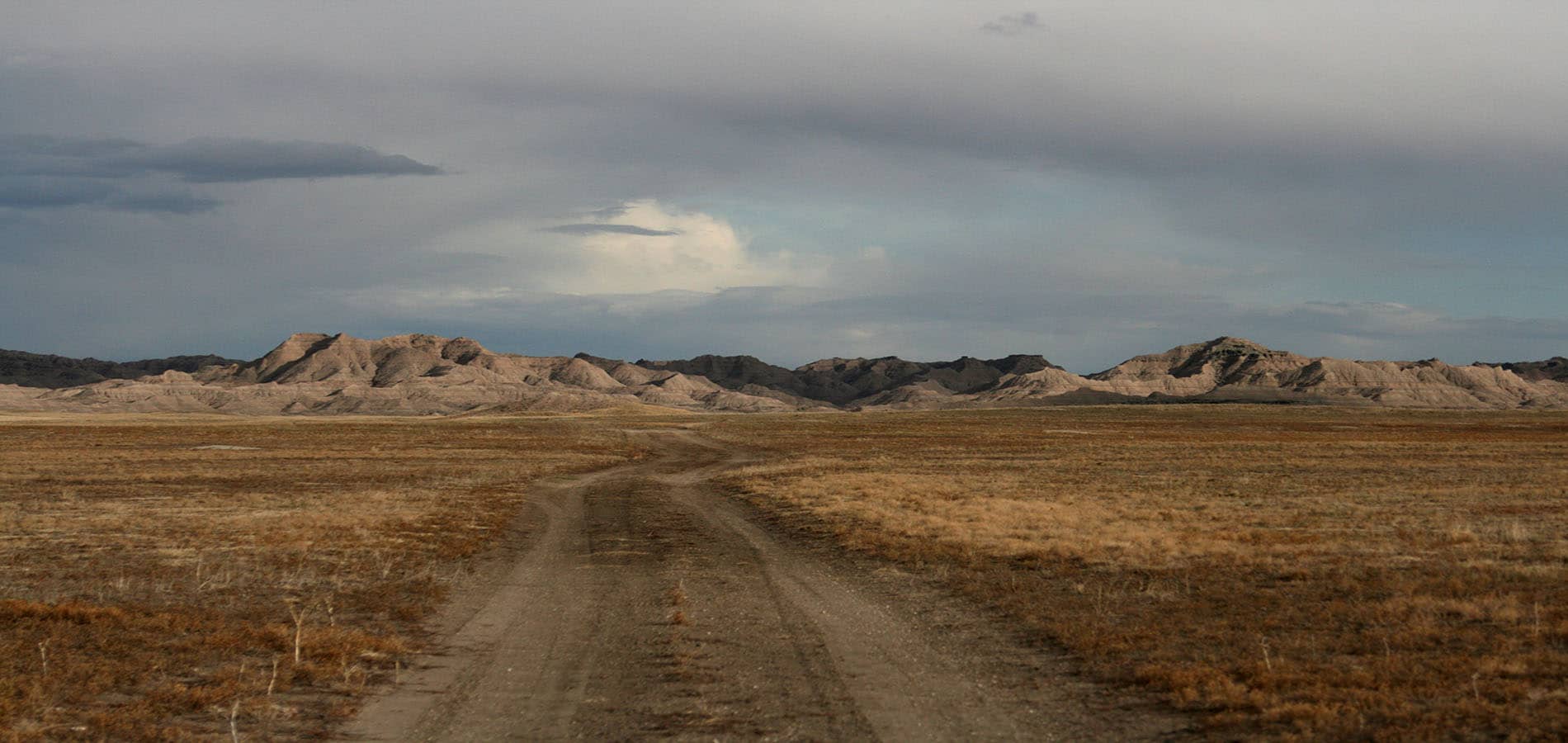
Wounded Knee and the American Indian Movement
In February 1973, Indigenous activists arrived in the town of Wounded Knee, South Dakota, site of the massacre in 1890, kicking off a months-long standoff with federal troops.

In February 1973, Indigenous activists arrived in the town of Wounded Knee, South Dakota, site of the massacre in 1890, kicking off a months-long standoff with federal troops.
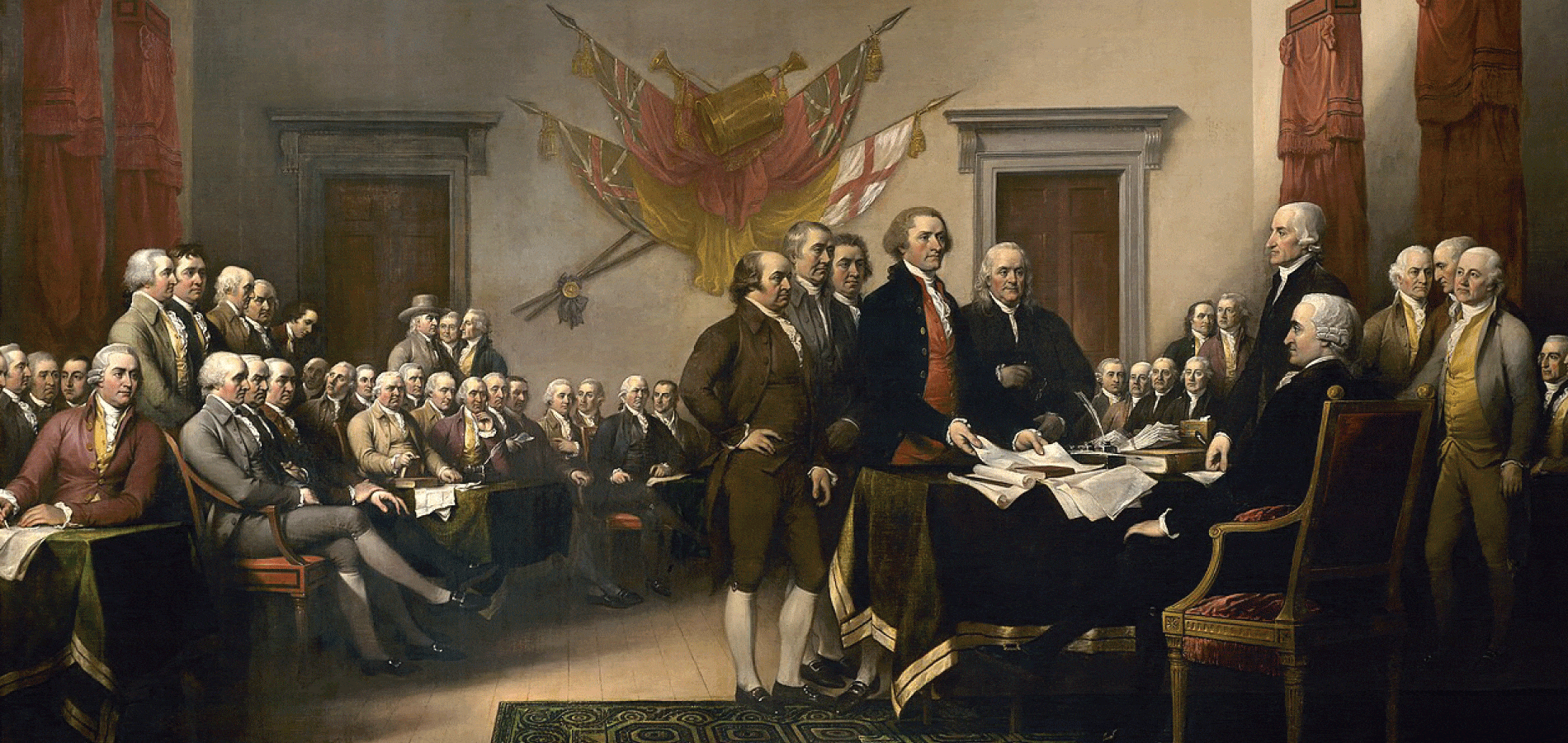
The Fourth of July commemorates colonial America’s declared independence from Great Britain. But, do you know how the Independence Day came to be a national holiday, and why it is held on July 4th?

Today, all eligible members of the LGBTQ+ community are allowed to serve in America’s military. However, it hasn’t always been that way. The treatment of queer people in the armed forces has a fraught history.

The legal field was dominated by men until well into the 20th century. In honor of Women’s History Month, we’re taking the opportunity to dive into HeinOnline and spotlight five women who broke down barriers and became trailblazers for women in law.
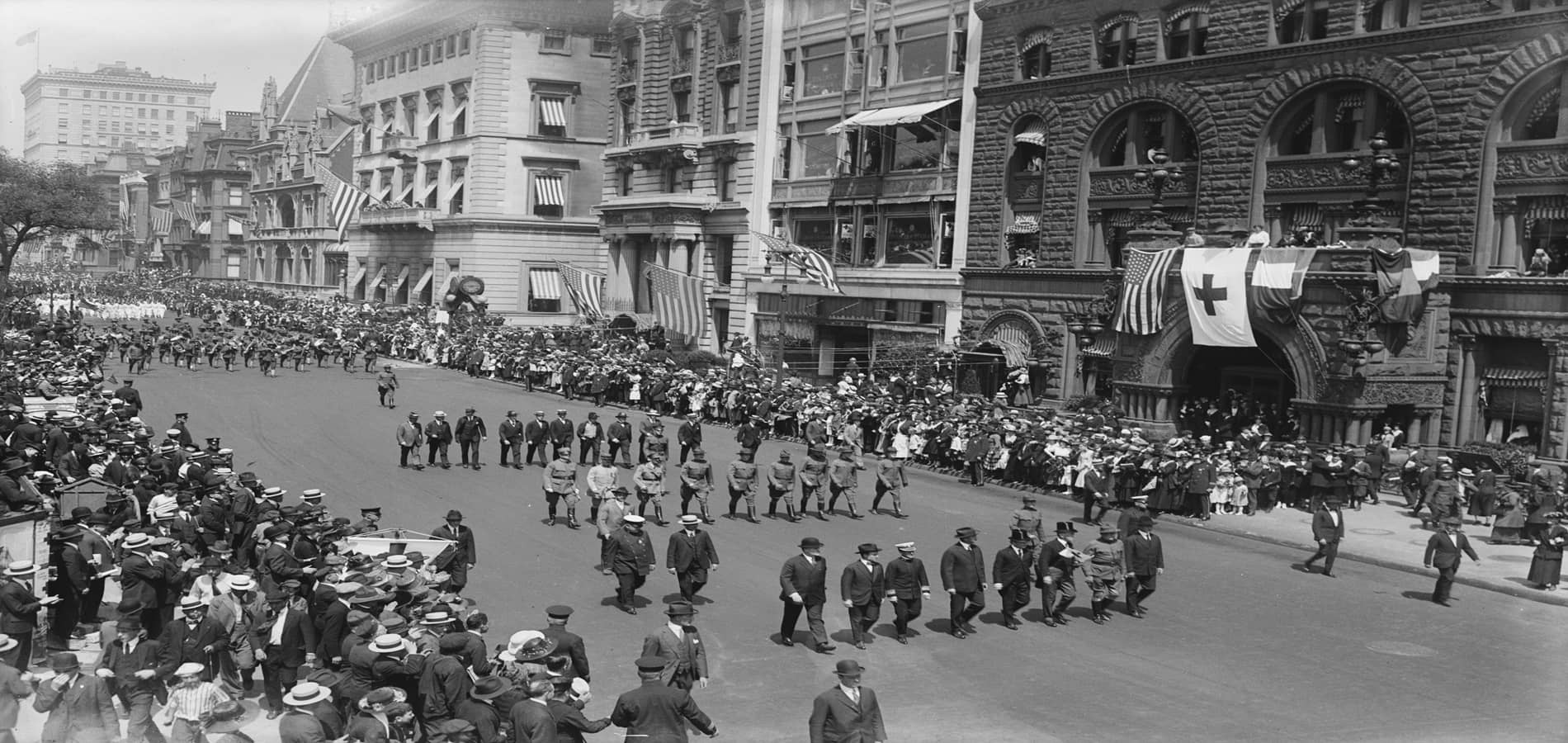
Near the end of World War I, Eugene Debs delivered an anti-war speech in Ohio. Two weeks later, he was arrested and imprisoned for his words. In 1920, he ran for president from his prison cell, ultimately waging the most successful campaign by a socialist candidate in American history.

December 15 marks Bill of Rights Day, commemorating the 1791 ratification of the first 10 amendments to the U.S. Constitution, collectively known as the Bill of Rights. However, crafting a Bill of Rights was highly controversial at the time.
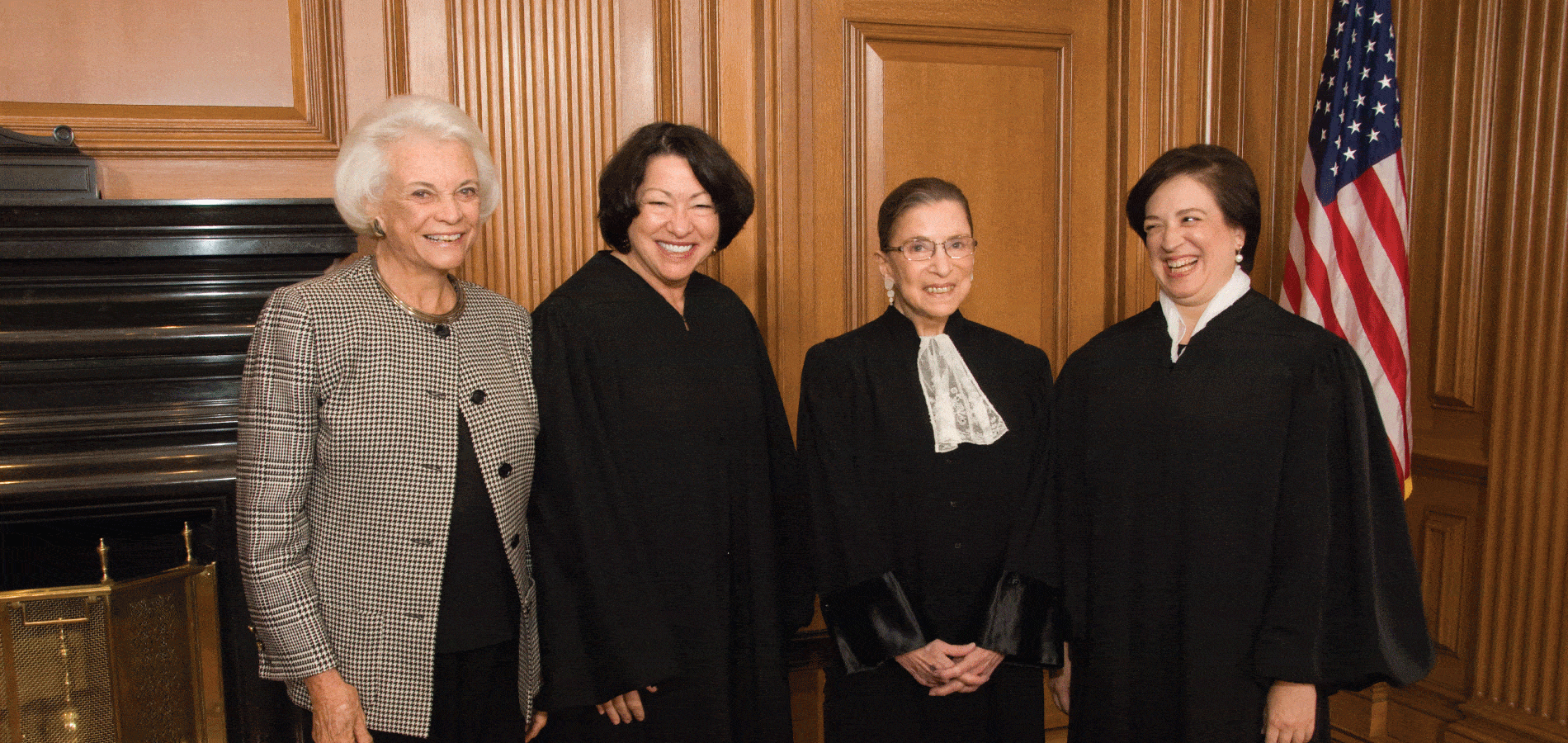
Sandra Day O’Connor passed away at the age of 93. Known as the first woman to serve as a U.S. Supreme Court Justice, she held the balance of power on the court for almost two decades and was well-known for her meticulously researched viewpoints.

The holiday season is chockful of some strange laws, so if you don’t want to be spending your gift money on fines or your cookie-baking time in jail, you might want to pay attention to the following rules that govern the holiday season.
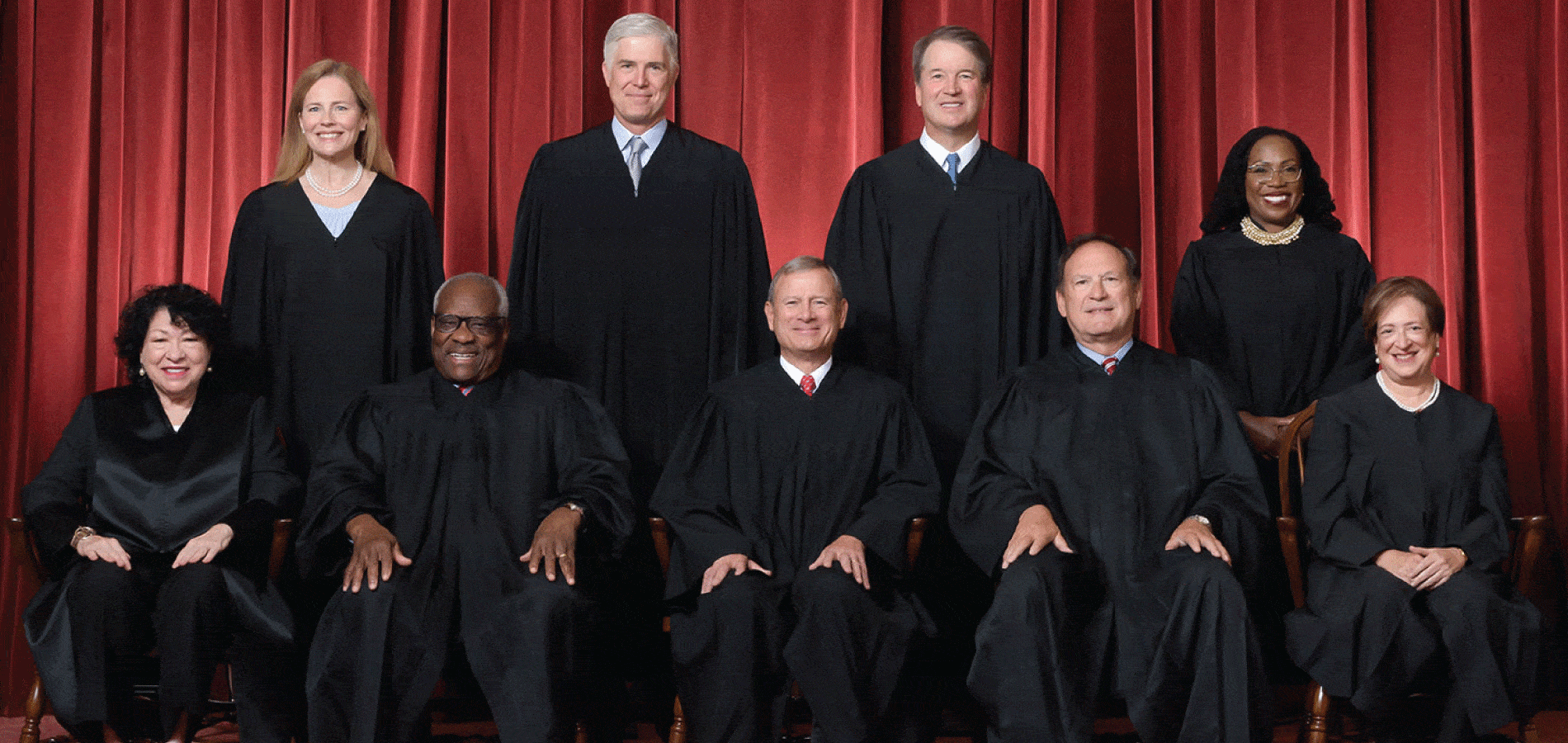
Criticism over undisclosed trips and gifts from wealthy benefactors to some justices has grown from both the public and Congress. On Monday, the Supreme Court announced the first-ever code of conduct governing the ethical behavior of its nine justices.
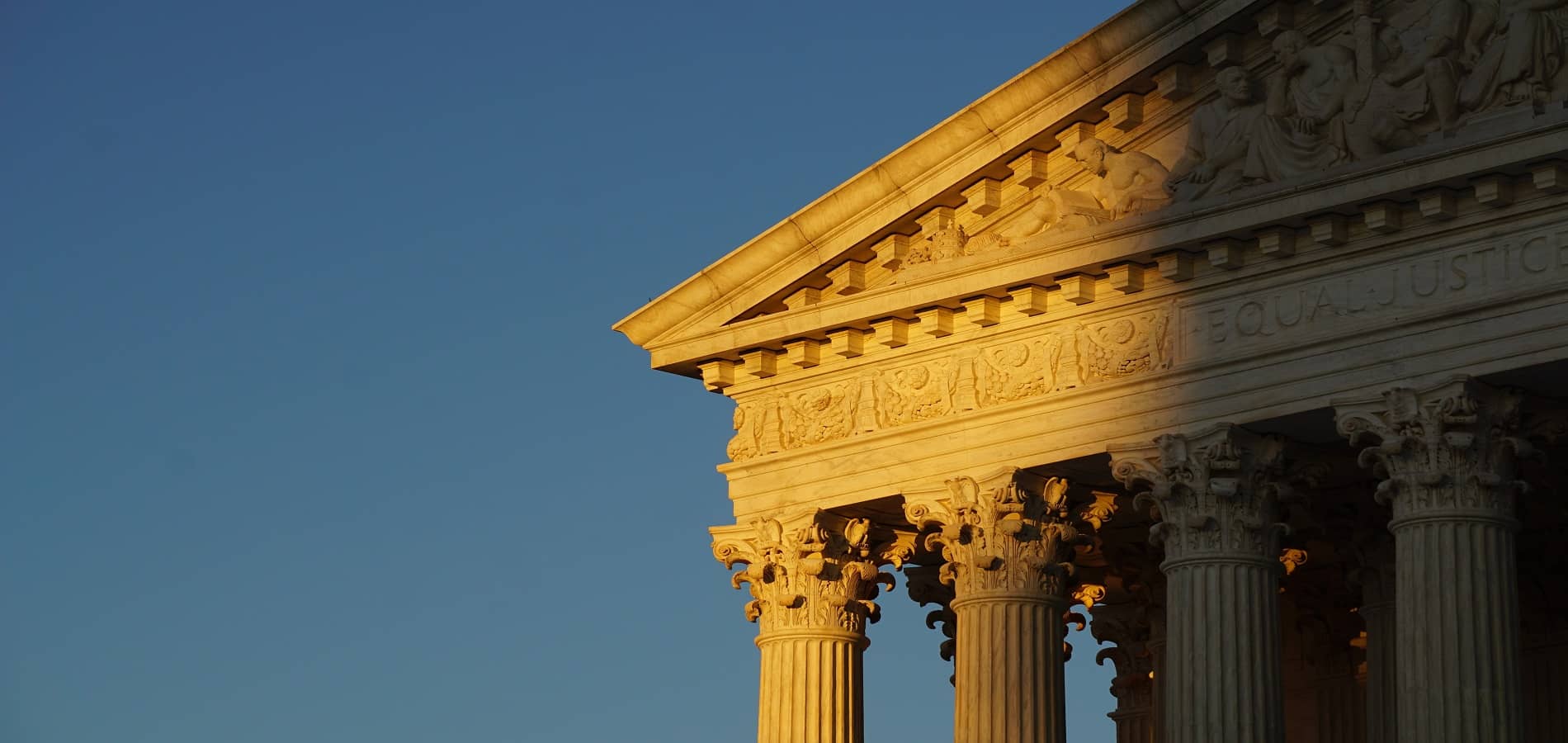
In this post, we’ll be diving into the history and principles of three theories of constitutional interpretation—originalism, legal realism, and living constitutionalism—and analyzing how these different theories have been put into practice in rulings of the Court.